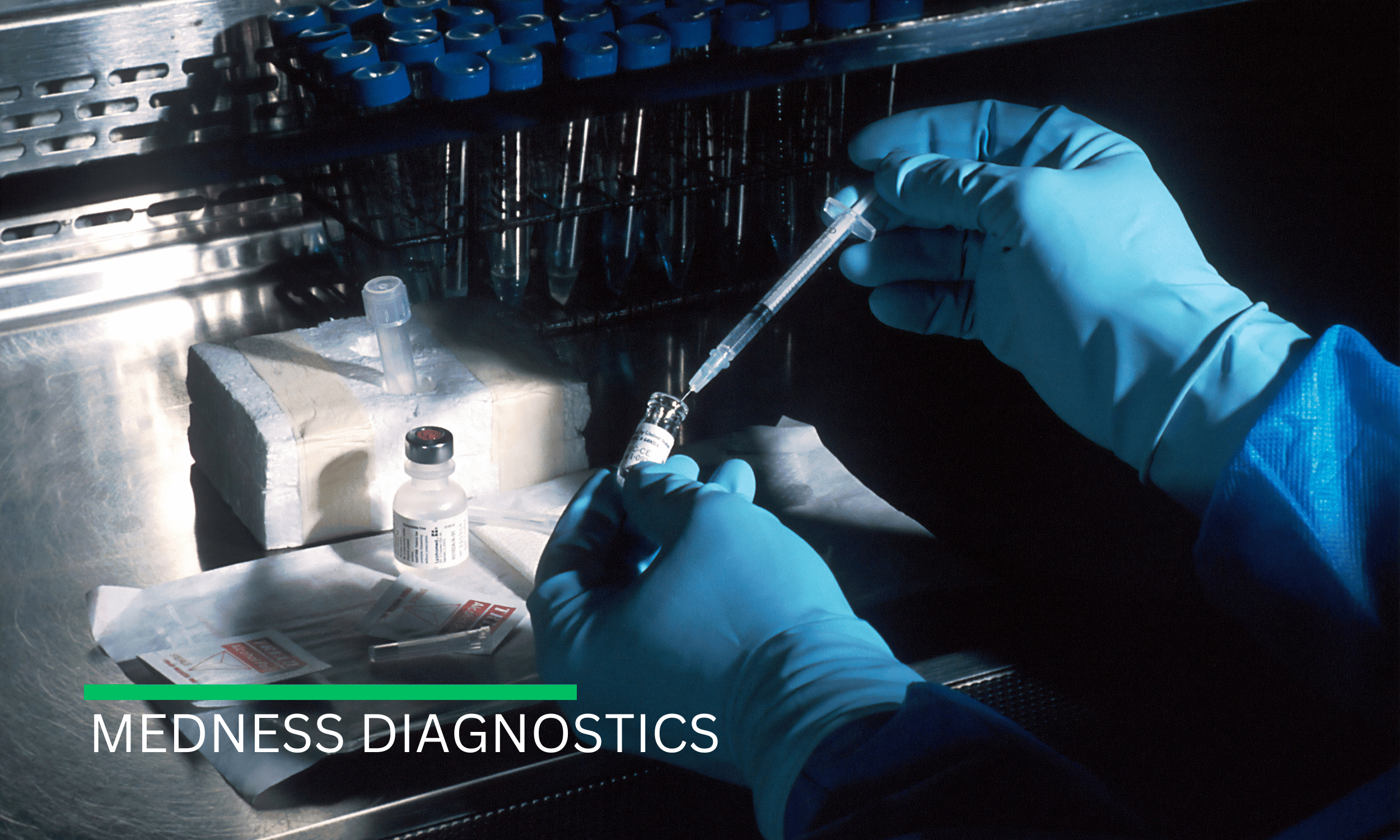Foundation Medicine stands as an early innovator, harnessing genomics technologies for scalable, high-throughput cancer gene mutation profiling-based diagnoses. Established in 2010 in Cambridge, Massachusetts, the company’s first product, FoundationOne, was launched in 2012 as a tissue-based test. This was followed by FoundationOne Heme in 2013, an NGS based comprehensive genome profiling test catering to hematologic malignancies, sarcomas or solid tumors where RNA sequencing is recommended. It is an NGS based test developed in collaboration with Memorial Sloan-Kettering Cancer Center, and sequences DNA and RNA from tissue, bone marrow or blood. FoundationOne gained FDA approval in 2017 as a companion diagnostic for solid tumors, supporting multiple therapies.
The company, which went public in 2013, was acquired by Roche for a substantial $2.4 billion in 2018, recognizing its potential in the realm of early cancer diagnostics. This strategic move not only provided resources but also paved the way for the exploration of complementary liquid biopsy approaches and the global reach of its NGS-based genomic testing. Building upon its foundations, Foundation Medicine introduced the groundbreaking FoundationOneLiquid CDx in 2018. This innovative hybrid capture-based, next-generation sequencing liquid biopsy test was designed to profile circulating tumor DNA (ctDNA) to empower the selection of targeted therapies. In 2020 it secured FDA approval for multiple companion diagnostics indications and detects a comprehensive range of alterations in solid tumors substitutions; insertion and deletion alterations (indels), copy number alterations (CNAs) and select gene rearrangements.
With Roche’s robust support, Foundation Medicine has embarked on the development of various liquid biopsy modules, notably including a TMB (Tumor Mutational Burden) Test as a Companion Dx for first-line immunotherapy. Along the way, Foundation Medicine and Guardant Health were involved in a patent litigation on Guardant’s digital sequencing technology. It was settled in January 2022, with Foundation Medicine agreeing to pay Guardant Health $25 million and future royalties.
Beyond its diagnostic prowess, Foundation Medicine established FoundationCore, a repository housing real-world comprehensive genomic profiling data from over 400,000 patient profiles. This invaluable resource not only aids precision oncology but also fosters collaborations with biopharma partners. It also launched a precision medicine partner program called Precision Medicine Exchange Consortium (PMEC), to facilitate data exchange, research, and support education and applications of precision medicine in oncology, bringing together academic medical centers, regional hospital systems, and community oncology networks. Foundation Medicine collaborates with Flatiron Health to develop a clinico-genomic database (CGDB) that combines clinical treatment and outcome data with matched comprehensive genomic profiling data for patients who have undergone its tests. Acquisition of both the companies by Roche further facilitated this effort, and more than 100,000 patient profiles have been linked in the database. Meanwhile under the umbrella of Roche, the company continues to strengthen its liquid biopsy capabilities. It acquired Lexent Bio in 2020, a precision oncology company with a novel monitoring platform in development based on low-pass whole genome sequencing (WGS) and DNA methylation analysis. Incorporation of WGS and methylation into its assay platforms will permit Foundation Medicine to facilitate decision-making across all stages of disease. The FoundationOne Tracker launched in 2021, a liquid biopsy for monitoring treatment response, uses a baseline derived from FoundationOne CDx to provide tissue-informed ctDNA results. Based on its accomplishments in the realm of genomic profiling to guide personalized therapy, the company is well poised to explore the promising landscape of MCED.




